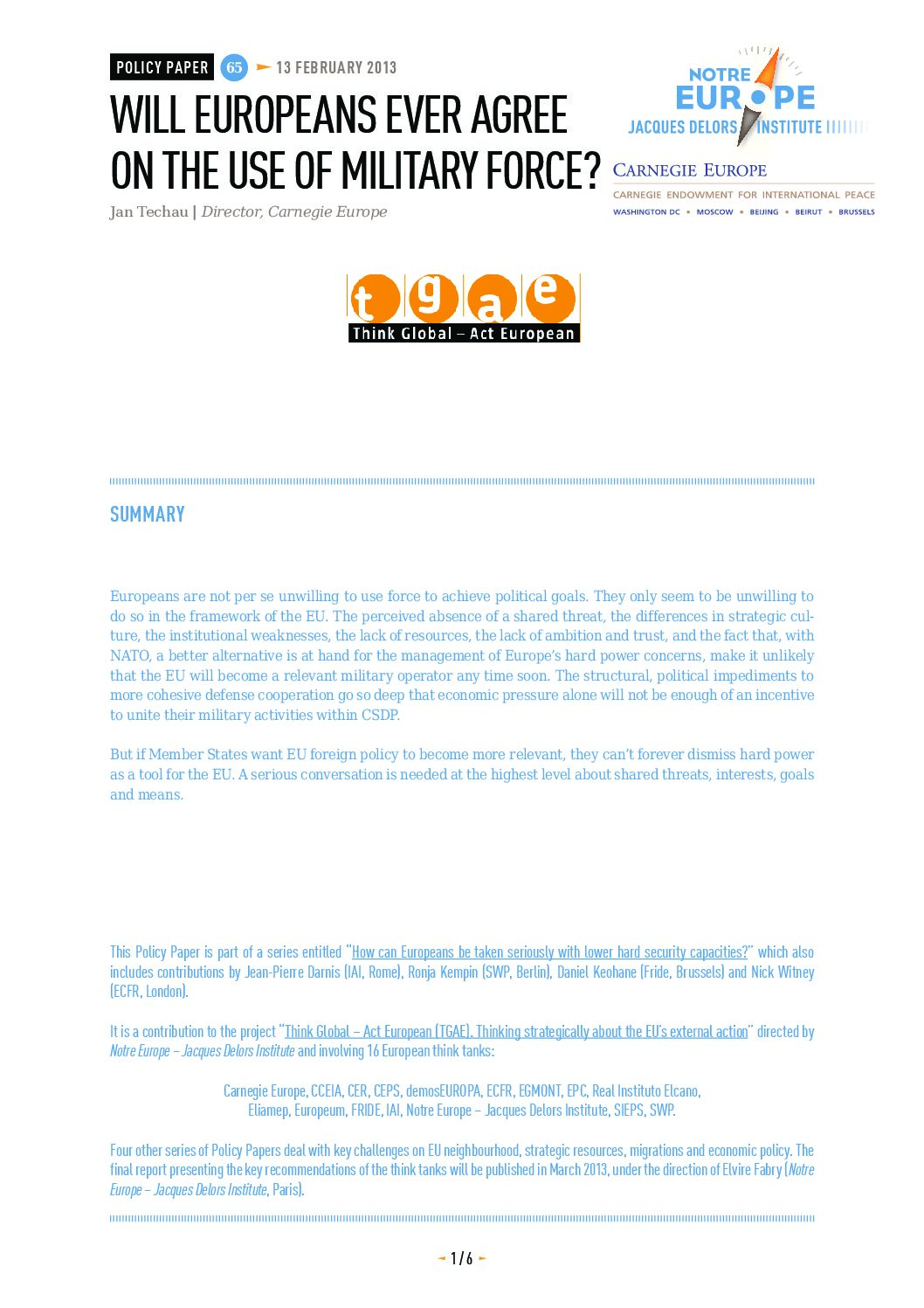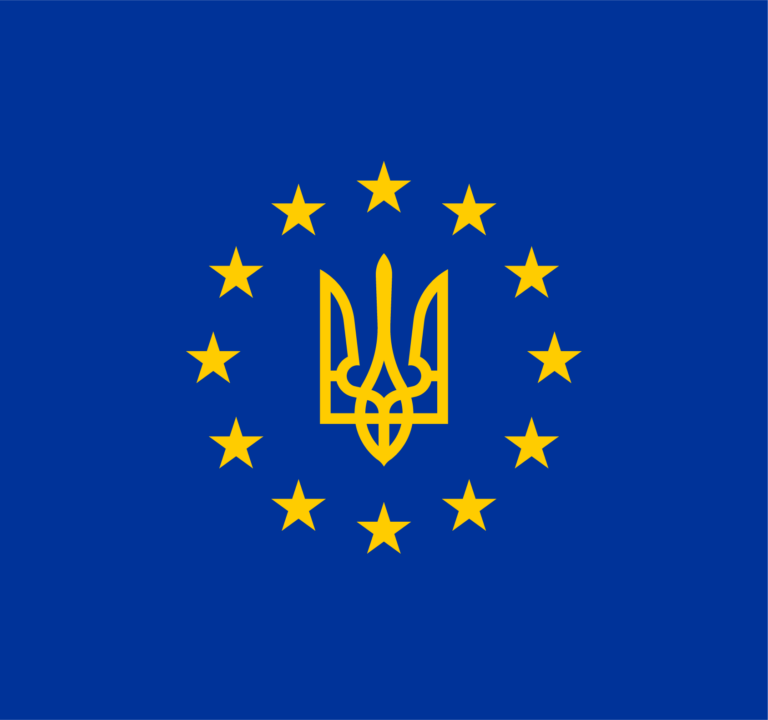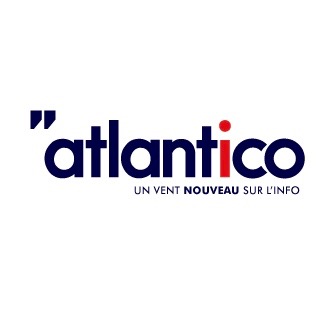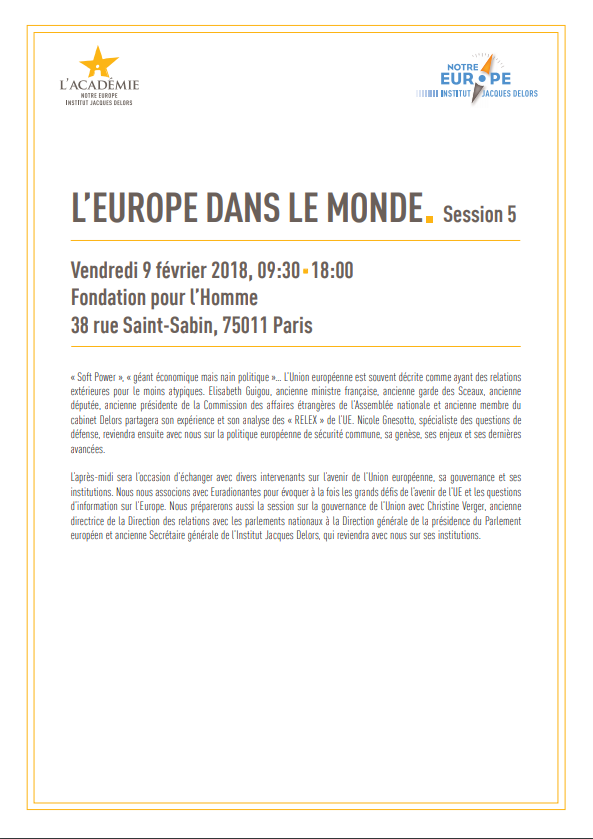Policy Paper 65
Will Europeans ever agree on the use of military force?
Jan Techau, Director, Carnegie Europe —
Europeans are not per se unwilling to use force to achieve political goals. They only seem to be unwilling to do so in the framework of the EU. The perceived absence of a shared threat, the differences in strategic culture, the institutional weaknesses, the lack of resources, the lack of ambition and trust, and the fact that, with NATO, a better alternative is at hand for the management of Europe’s hard power concerns, make it unlikely that the EU will become a relevant military operator any time soon. The structural, political impediments to more cohesive defense cooperation go so deep that economic pressure alone will not be enough of an incentive to unite their military activities within CSDP. But if member states want EU foreign policy to become more relevant, they can’t forever dismiss hard power as a tool for the EU. A serious conversation is needed at the highest level about shared threats, interests, goals and means.
This Policy Paper is a contribution of Jan Techau (Carnegie Europe) to the project Think Global – Act European (TGAE). Thinking strategically about the EU’s external action directed by Notre Europe – Jacques Delors Institute (report available in March 2013, dir. Elvire Fabry, Senior Research Fellow, Notre Europe – Jacques Delors Institute).
Europeans are not per se unwilling to use force to achieve political goals. They only seem to be unwilling to do so in the framework of the EU. The perceived absence of a shared threat, the differences in strategic culture, the institutional weaknesses, the lack of resources, the lack of ambition and trust, and the fact that, with NATO, a better alternative is at hand for the management of Europe’s hard power concerns, make it unlikely that the EU will become a relevant military operator any time soon. The structural, political impediments to more cohesive defense cooperation go so deep that economic pressure alone will not be enough of an incentive to unite their military activities within CSDP.
But if Member States want EU foreign policy to become more relevant, they can’t forever dismiss hard power as a tool for the EU. A serious conversation is needed at the highest level about shared threats, interests, goals and means.
Before the publication of the final report presenting the key recommendations of the 16 think tanks involved in the project, 5 series of Policy Papers address the following key challenges: CSDP, EU neighbourhood, strategic resources, migration and economic policy.
The project is led with the support of the 
SUR LE MÊME THÈME
ON THE SAME THEME
PUBLICATIONS
White Paper: what prospects for a European armament policy?

Towards an EU–Ukraine alliance: A plan for an EU–Ukraine Joint Training Mission

The EU could and should put an end to unanimity when it comes to sanctions

MÉDIAS
MEDIAS
« Pologne, la puissance européenne de 2025 ? »

Nicole Gnesotto, historienne : « D’un pacifisme structurel, l’Europe doit passer à un réarmement solide »

L’OTAN demande aux entreprises européennes de se préparer à un “scénario de guerre” : concrètement, de quoi la France est-elle capable ?

ÉVÉNEMENTS
EVENTS
Euroquestions #67 | European defence in the face of war in Ukraine [FR]

Académie Notre Europe | Session in Brussels [FR]

Euroquestions 56 | How can the European Union arm Ukraine?

Euroquestions #55 | European foreign and defense policy tested by the war in Ukraine [FR]

Euroquestions | Franco-German relations: 2023, year of recovery? [FR]

Euroquestions | Is war in Ukraine putting cybersecurity at risk in Europe?

Euroquestions | War in Ukraine : the European Union’s response, beyond sanctions [FR]

EUROPEAN DIPLOMACY AND THE UNION’S EXTERNAL ACTION [FR]

Académie Notre Europe – L’Europe Commerciale et de la Défense

Copenhagen, 16 September 2019 – Prospects and Challenges in European Security

Lille, 25 octobre 2018 – Europe of defense in a world of bullies

Blois, 12 October 2018 – Cooperation, competition or war? Globalization in all its States

















